Force & Torque Gauges
Force gauges allow users to measure the overall force being applied to a particular piece of machinery or equipment. Includes high capacity force gauges from Extech and USB datalogging force gauges for documenting data.
Find out more about Force & Torque Gauges below.
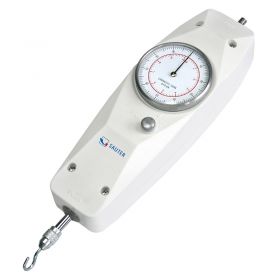
- Measure the push/pull force applied to an object
- Analogue scale, available with your choice of range to 500 Newtons
- Comes as standard with various different attachments
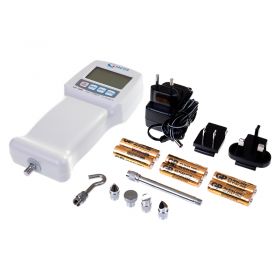
- Range up to 1000N (depending on model)
- Several versions available
- High precision
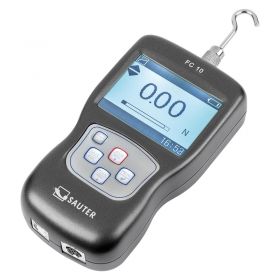
- Available in five models with different measurement ranges
- Optimised for measuring tensile and compressive forces in a range of measurement units
- Internal memory with the capacity to store up to 500 results
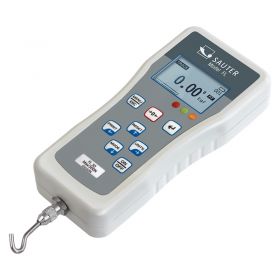
- Versatile, adaptable, practical digital force measuring instruments
- Measure compression and tension forces in a range of selectable measurement units
- Available in eight models with different measurement ranges
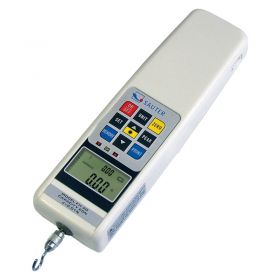
- Measure tension and compression forces
- Selectable measurement units: N, lb and kg
- Peak-Hold, Track, Alarm and Statistics functions
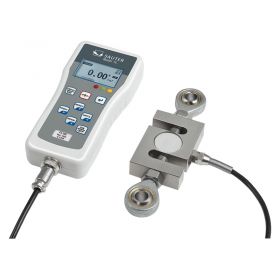
- Measures tension and compression forces up to 2500N
- Selectable measurement units: N, kN, kg, oz, and lbf
- Supplied with an external sensor, tension loops and pressure plates
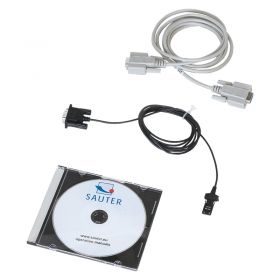
- Transfers data simultaneously
- Data can be used to create graphs
- Archive data and includes a number of analysis functions
- Organise into free data formats for exportation to Microsoft Excel
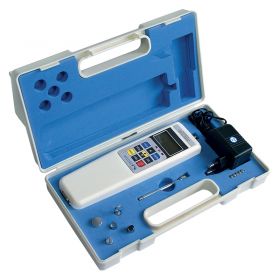
- Conduct tension and compression tests
- Selectable measurement units: N, kN, kg, t and lb
- Available in seven models with different measurement ranges
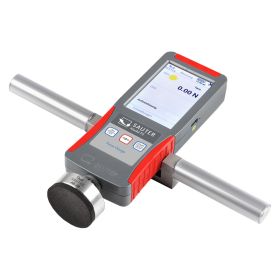
- 3.5" touchscreen
- Test the stability of tombstones
- Tolerance function
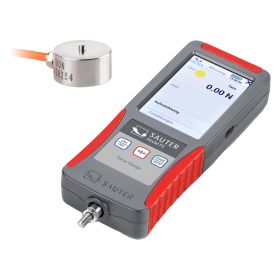
- 3.5" touchscreen
- Peak value measurement
- Choice of load cell
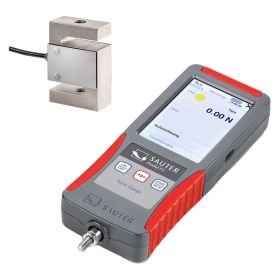
- 3.5" touchscreen
- Peak value measurement
- Choice of measuring cell
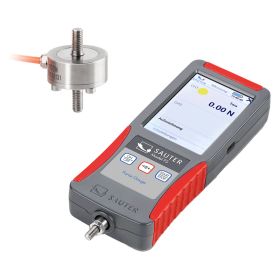
- 3.5" touchscreen
- Peak value measurement
- Choice of measuring cell
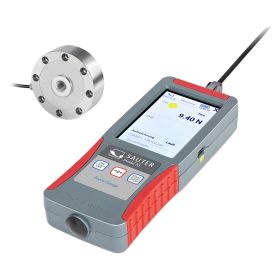
- 3.5" touchscreen
- Peak value measurement
- Choice of load cell
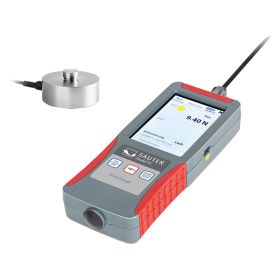
- 3.5" touchscreen
- Peak value measurement
- Choice of measuring cell
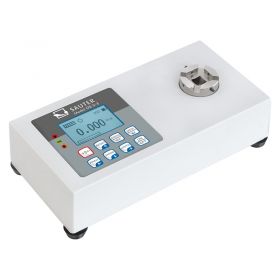
- Optimised for testing torque wrenches, electric hand screwdrivers and cordless screwdrivers
- Anti-slip rubber feet
- Choice of four models with different measurement ranges
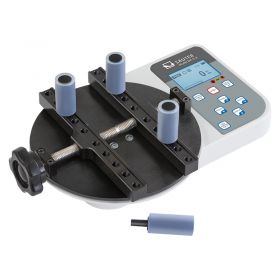
- Suitable for torque testing bottles, jars and other screw-top packagings
- Ideal for use in food, pharmaceutical and cosmetic industries
- Can perform torque tests in both directions of rotation
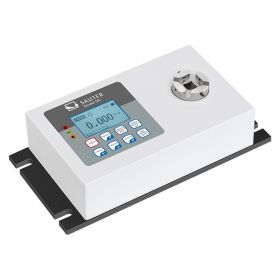
- Optimised for testing the torque of cordless screwdrivers, electric screwdrivers and torque gauges
- Supplied with a mounting plate
- Available in five models with different measurement ranges
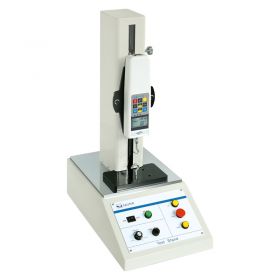
- Conduct compression and tension tests
- Can be used with force gauges featuring ranges up to 500N
- Robust, table-top design with easy access to the off switch
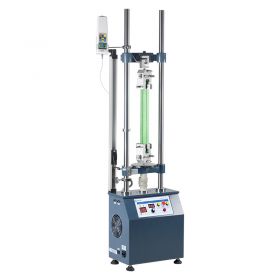
- Available in five models with different measurement and speed ranges
- Conduct standard length and force measurements
- Compatible with Sauter’s FH, FA, FK, FL, LD and LB instruments
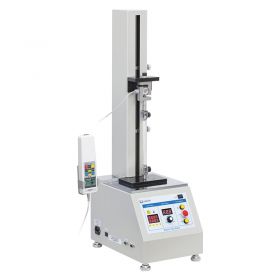
- Available in three models with different ranges and travelling distances
- Conduct compression and tension tests
- Compatible with Sauter’s force measuring instruments with a range of up to 2kN
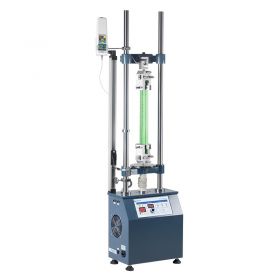
- Available in five models with different measurement and speed ranges
- Perform compression and tension tests
- Compatible with Sauter’s length and force measuring instruments
About Force & Torque Gauges
Force and Torque instruments are used to measure force, weight, and torque. We can measure torque and force by changing the sensor or transducer. Torque is defined as the moment of a force, a measure of its tendency to produce torsion and rotation about an axis.
Force gauges are measuring instruments that are used to quantify the magnitude of the force applied to an object during the test. These devices are used in a wide range of industries and applications, most often in research and development, manufacturing operations, or testing and quality control purposes.
A Torque Gauge is a measuring instrument used across all industries to measure the torque or torsion during a test. Applications exist in research and development, laboratory, quality, production, and field environment.


